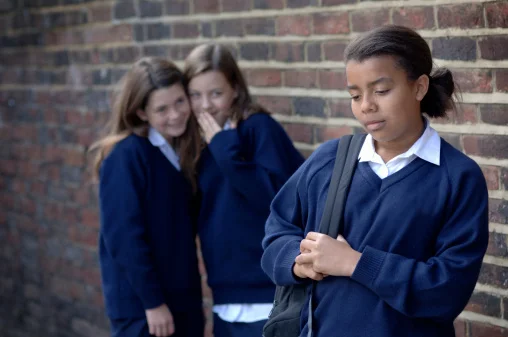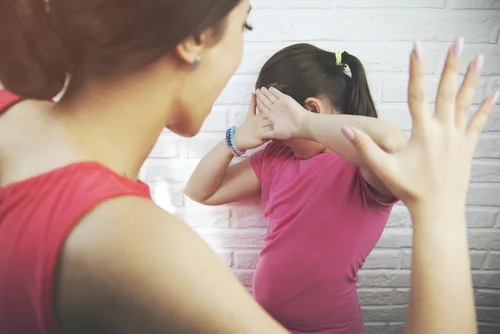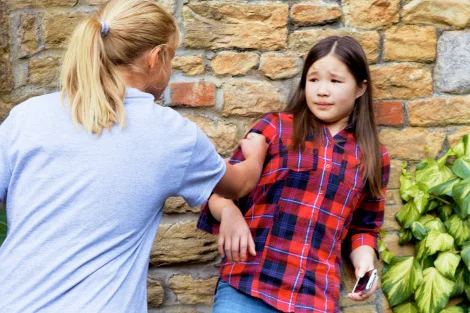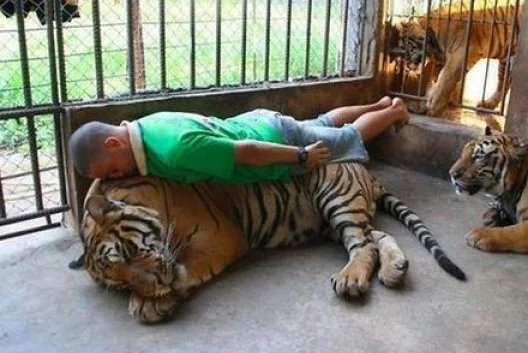+1 845 259 2974 (11 a.m to 7 p.m CST)
Using Empathy as an Effective Method to Curb Bullying
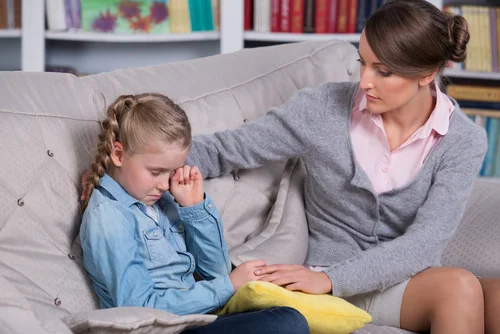
Children are less likely to pick on their peers if they know the extent that the damage they have done, can go to. Experts also back up this prevailing wisdom. But kids are not born empathetic. They are susceptible to impulses. Trying to tame bullies by teaching them empathy is one of the most effective ways to prevent bullying. But experts also suggest that teaching empathy may have the opposite effect on children.
Is Empathy the Solution to Bullying?
How to prevent bullying? Experts on youth bullying say the recent suicide deaths of teens are tragic but the solution doesn’t lie in criminalizing all bullying. Instead the solution lies in teaching kid’s empathy and tolerance. A Queen’s University professor of psychology, Wendy Craig, suggests that it is important to teach children empathy skills and how to speak up when they see wrong behavior.
The brain doesn’t completely develop until age 25. Teens’ brain is not fully developed yet and they lack the ability to think rationally and have difficulty judging the consequences of their actions. Experts suggest that children must be taught empathy by urging them to do small acts of kindness. They need to engage in pro-social behavior. Kids also need to learn when to step in when they are witnessing hurtful behavior.
How Hard It Is to Teach Empathy?
Debra Pepper, a professor of psychology at York University, says it is much harder to teach kids how to get along with each other as compared to reading and math. Parents often expect their child to learn it by osmosis but they don’t. Lectures can help but the real lesson takes place when students interact with each other in everyday settings. Intervention and reputation are essential after that. It is easier to teach empathy to young adults in their 20’s. It is difficult to teach empathy to younger kids. They are more likely to engage in bullying behaviors because their brain is not wired to control impulses.
Parent-Child Relationship
A big factor in a child’s inability to learn empathy is their relationship with their parents. Teens tend to learn the behavior that is modeled for them by their parents. When parents are emotionally or physically distant from their kid, the children are likely to follow their impulses and do what they think is best rather than what their parents think is acceptable.


